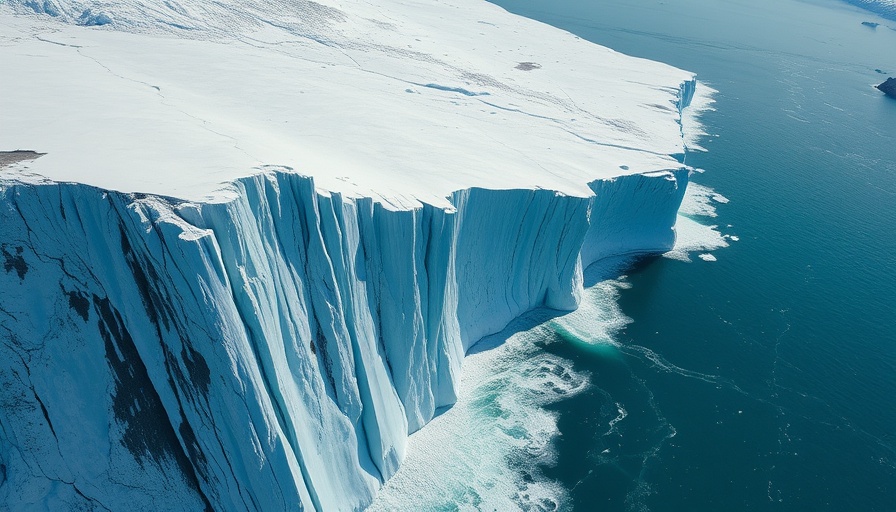
Melting Glaciers: A Looming Crisis for Food and Water Security
The United Nations recently unveiled a stark warning: melting glaciers threaten the food and water supply for billions worldwide. In the 2025 World Water Development Report, titled Mountains and Glaciers: Water Towers, the UN highlights how mountain ranges serve as crucial reservoirs for fresh water, providing 55 to 60 percent of the planet’s annual freshwater flow. This warning affects nearly two billion people who depend on these mountain 'water towers' for their very existence.
The Role of Mountains as Water Towers
Mountains play an indispensable role in sustaining life and the environment. According to UNESCO's press release on the report, glaciers not only provide potable water but are also vital for irrigation, sanitation, and energy production. As climate change accelerates glacial melt, the reliability of these water sources is thrown into question. The report states that two-thirds of irrigated agriculture globally will likely face adverse effects due to the loss of mountain glaciers and dwindling snowfall.
Urgent Calls for Action
UNESCO Director General Audrey Azoulay has called for immediate action to address the challenges posed by dwindling glacier reserves. She emphasized the interconnectedness of humanity with these natural resources. "Regardless of where we live, we all depend in some way on mountains and glaciers. But these natural water towers are facing imminent peril," she stated, underscoring the immediate need for robust water governance and management strategies.
The Devil in the Details: Climate Change Accelerates Glacier Melt
The situation is dire. According to the World Meteorological Organization (WMO), recent years have witnessed unprecedented losses in glacier mass—accelerating climate change has resulted in erratic water flows and more extreme weather conditions. The report illustrates that our water supply is not just threatened by physical scarcity, but also by the increasing unpredictability of water sources.
Connecting the Dots: Stories from Affected Communities
In several regions, the effects of melting glaciers have already begun transforming local economies. Farmers in South America who once relied on consistent water supply from Andean glaciers are now forced to adapt to fluctuating conditions, putting livelihoods at risk. Small-scale farmers have reported declining crop yields due to inconsistent water supplies, reflecting a broader crisis stemming from climate change-induced glacier retreat.
Global Interdependence: A Challenge for Sustainable Development
This crisis is not confined to those living near mountainous regions; rather, it's a ripple effect that impacts global food and energy security. Water-reliant industries, crucial for economic growth, are in jeopardy as mountain snowpack diminishes. Addressing glacier melt isn't merely about conservation; it demands collaborative international action to ensure a stable future for the billions reliant on these water towers.
A Call to Understand and Act
The UN’s warnings serve as a clarion call for immediate recognition and action concerning our planet’s fragile ecosystems. Understanding the impact of melting glaciers is crucial for developing effective policies. It is not merely an environmental concern—it affects every aspect of life from food security to economic stability.
By educating ourselves and pushing for responsible management of these water sources, we can play a part in safeguarding our future. It isn't just about preserving the mountains; it's about ensuring a sustainable future for all.
 Add Row
Add Row  Add
Add 



 Add Row
Add Row  Add
Add 

Write A Comment